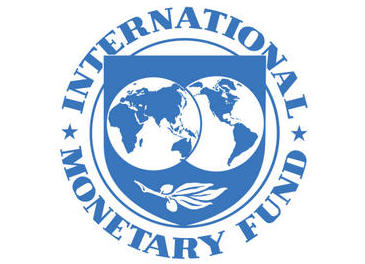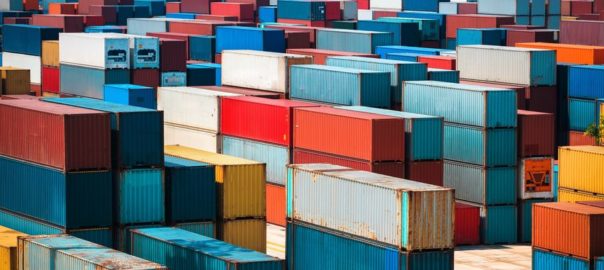Wanted: A Visionary to Transform the IMF

John Taylor (“Choice of new IMF head must not be dictated by the old EU order”, August 12) points out that the International Monetary Fund needs new leadership from outside the European bloc to address the multiple challenges facing the world today. As I have spent a considerable part of my professional life in opposing the outdated convention that a European leads the IMF while an American heads the World Bank, I think that the job should go the person who could usher in a fundamental change in the fund’s policy outlook besides restoring its credibility.
There is a long list of failed IMF…




